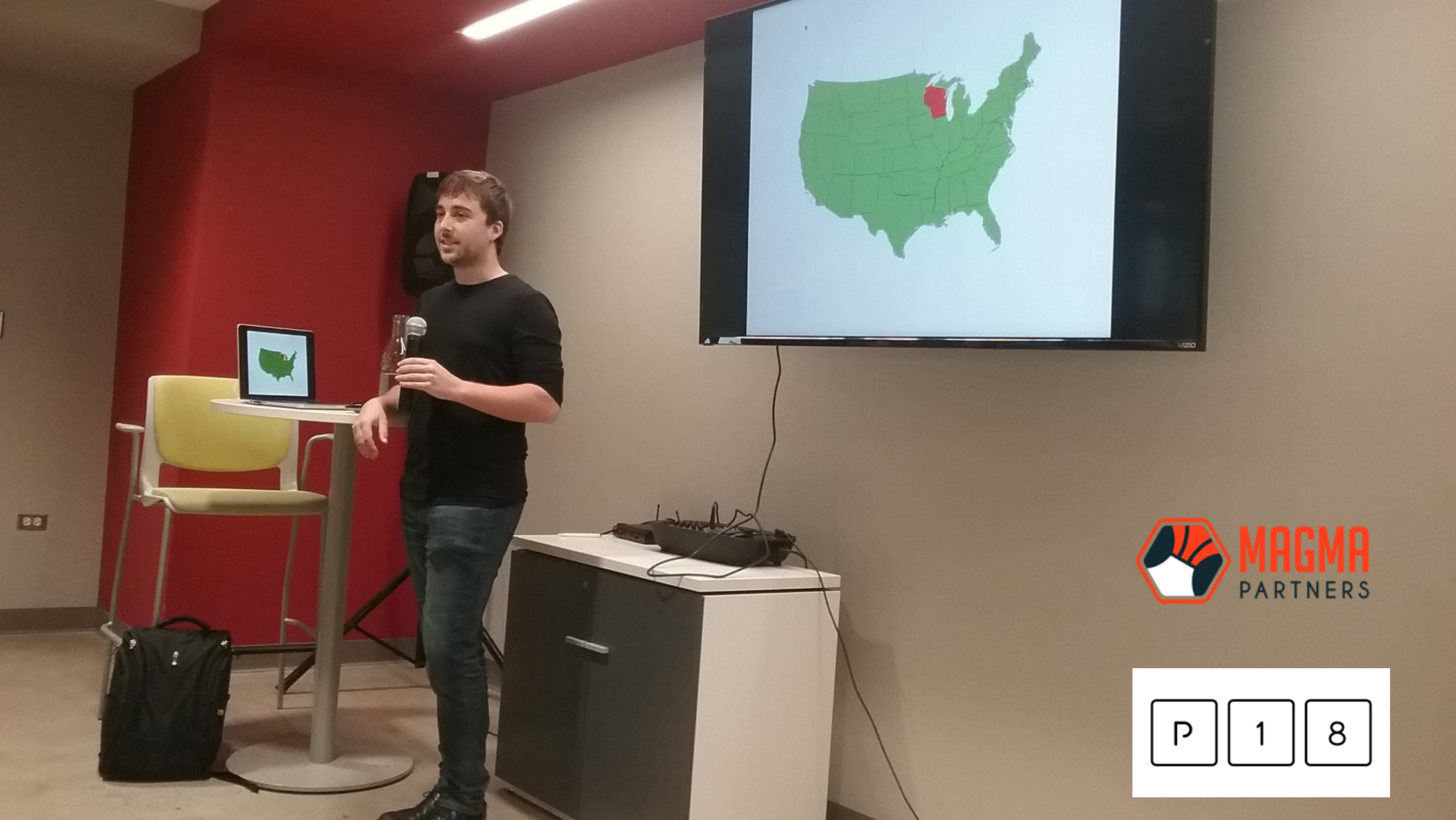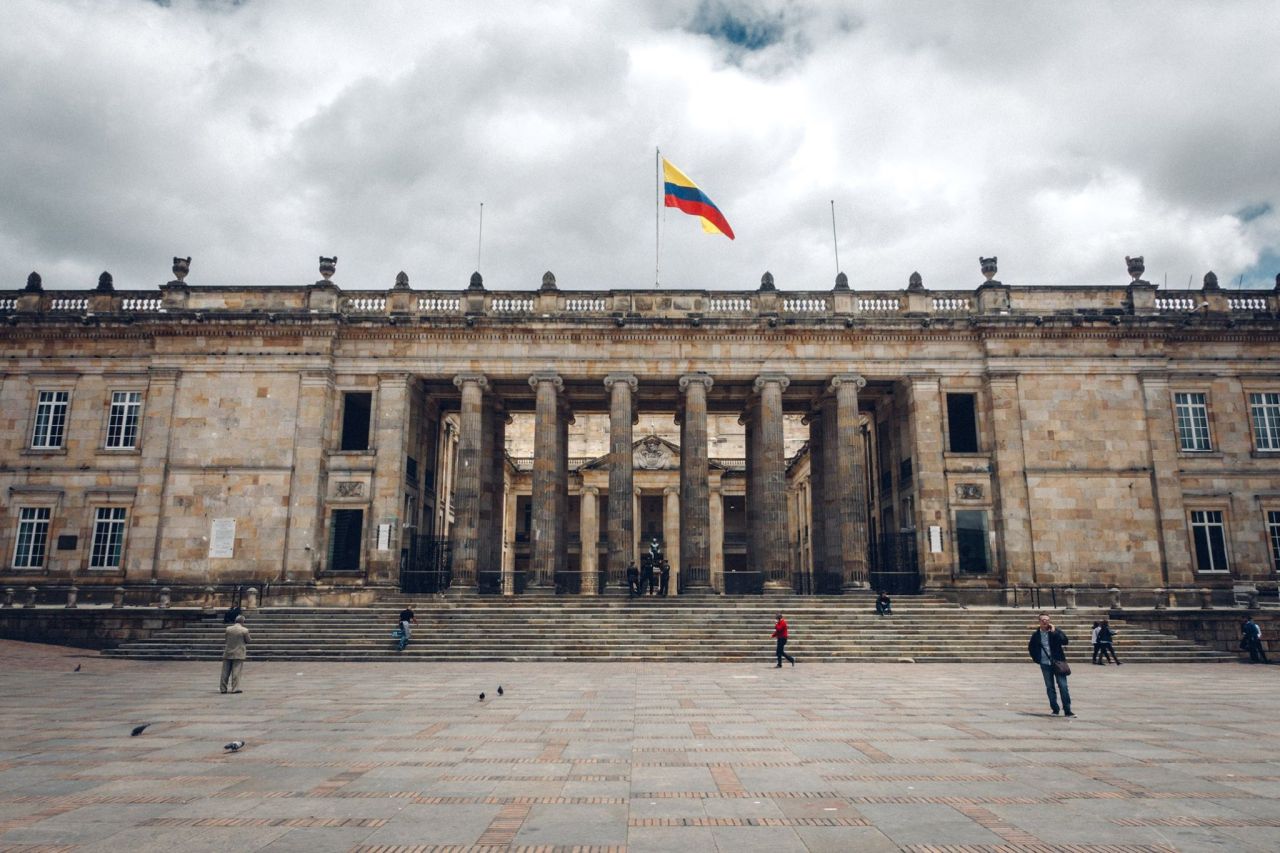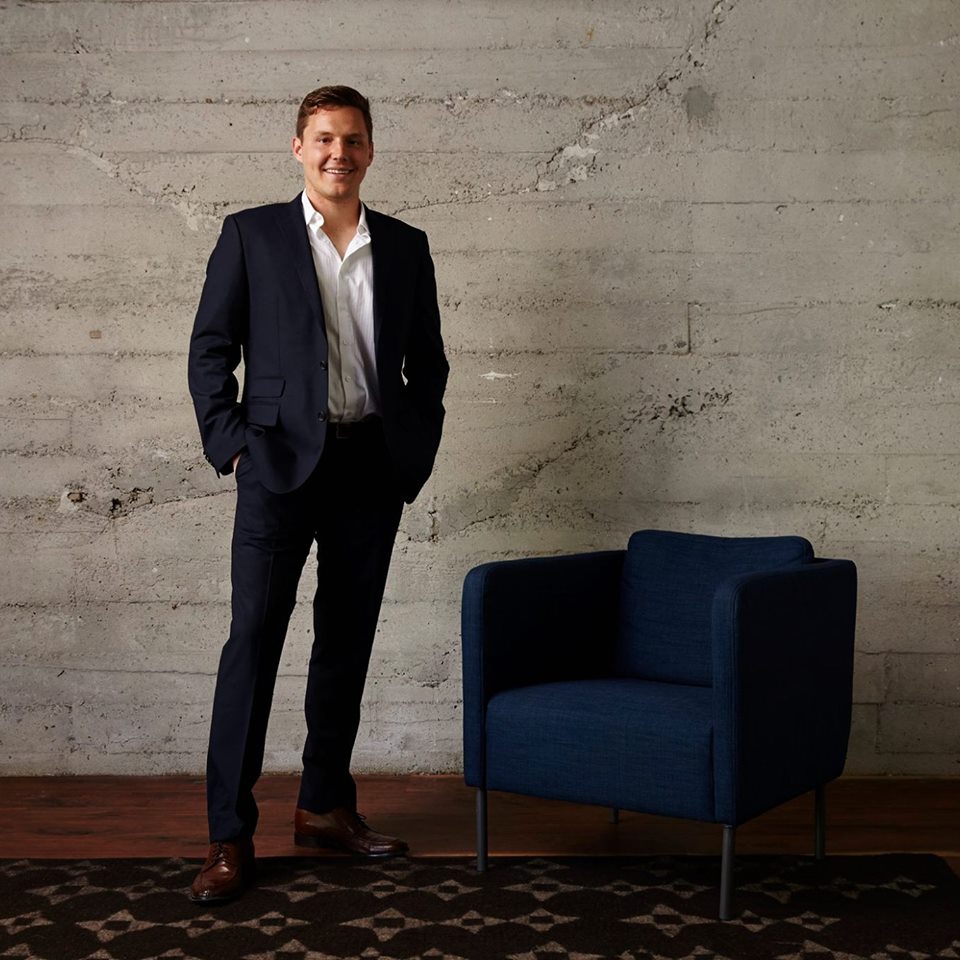I recently visited Parallel 18, an equity free accelerator in Puerto Rico, to mentor their 3rd cohort of startups. Modeled after the successful Start-Up Chile program, Puerto Rico is trying to grow it’s startup ecosystem and change their culture to try to diversify their economy and start to build a tech sector.
Started in 2015 and now just starting Generation 4, Parallel 18 works with ~30 entrepreneurs per cohort. Parallel 18’s director Sebastian Vidal, an ex-director of Start-Up Chile, has iterated on the model and made improvements, including bringing investors and other mentors like me to talk to the teams each week. They’ve also created a local fund that can match VC investment that Parallel 18 companies are able to get.
I was really impressed by the quality of the teams and it’s clear that Parallel 18’s 3rd generation is way ahead of where Start-Up Chile was in their 3rd generation.
I was also interested in to learn about some of Puerto Rico’s tax incentives for startups, funds and successful entrepreneurs. I think Puerto Rico is an interesting example of a small place doing all it can to attract startups and will continue to keep an eye on the teams that come out of Parallel 18. (more…)



